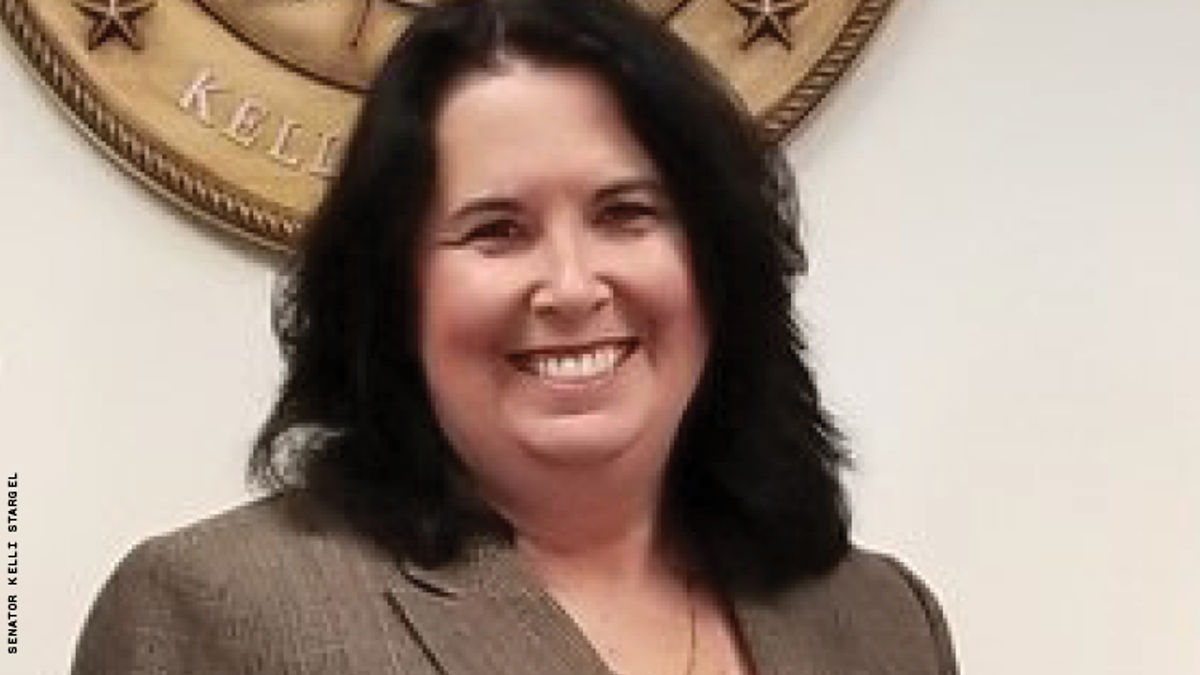A bill barring trans girls and women from playing in school sports for females has apparently died in the Florida Senate.
The legislation, Senate Bill 2012, once appeared on a path to passage in both chambers of the Republican-controlled Florida legislature. But it began to stall after the National Collegiate Athletic Association made clear it could pull events from states with laws barring athletes from competiting under their gender identity. In Florida, that meant passing the bill risked cancellation of 50 events with a collective $75 million economic impact.
State Sen. Kelli Stargel, the bill's sponsor, said Tuesday morning there likely was not time this year to work out enough controversies for the legislation to pass.
"Right now, my primary focus as Appropriations Chair is our constitutional responsibility to pass a balanced budget, and in a time-limited environment, I don't know that we will have sufficient time to revisit SB 2012 this session," Stargel said in a statement released to Florida media.
Two Senate committees passed the bill. But the day the NCAA spoke out against a rash of bills already passed or under consideration in 26 states, a committee hearing on the legislation was delayed. Then, with less than two weeks left in the state's legislative session, the bill was postponed again.
The NCAA sent a second statement out when the Florida House passed its own version of the bill. "When determining where championships are held, NCAA policy directs that only locations where hosts can commit to providing an environment that is safe, healthy and free of discrimination should be selected," the statement said.
It's worth noting the language for legislation in the House and Senate differed significantly. The House passed language virtually identical to a law in Idaho that's already been challenged in court. Stargel's bill in the Senate allowed for some transgender athletes who undergo gender-confirmation surgery to compete in girls' or women's sports if her gender identity has been confirmed with a school institution and she can demonstrate low testosterone levels for a year before competition.
While LGBTQ+ advocates said that was still an unrealistic expectation, especially for young athletes, it was a significant disagreement point between the House and Senate, which would have to agree on a bill before it could be sent to Gov. Ron DeSantis for his signature.
In another positive move, Arizona Gov. Doug Ducey Tuesday vetoed a bill that would have banned all discussion of issues related to sexual orientation, gender identity, or gender expression in sex education or other public school classes unless parents receive advance notification and opt their children in to the lessons, the Associated Press reports. He "called the legislation overly broad and vague and said it would lead to unintended consequences," according to the AP.
The state already lets parents review all educational materials and requires an opt-in for sex ed classes. But this bill would, for instance, have potentially banned mention of events in LGBTQ+ history, such as the Stonewall uprising.
Ducey did issue an executive order that "requires schools to post sex ed curricula online and to provide extensive notice of school board meetings where sex ed is to be discussed," the AP notes. "Those were parts of the proposed law."
Additional reporting by Trudy Ring.


















































































